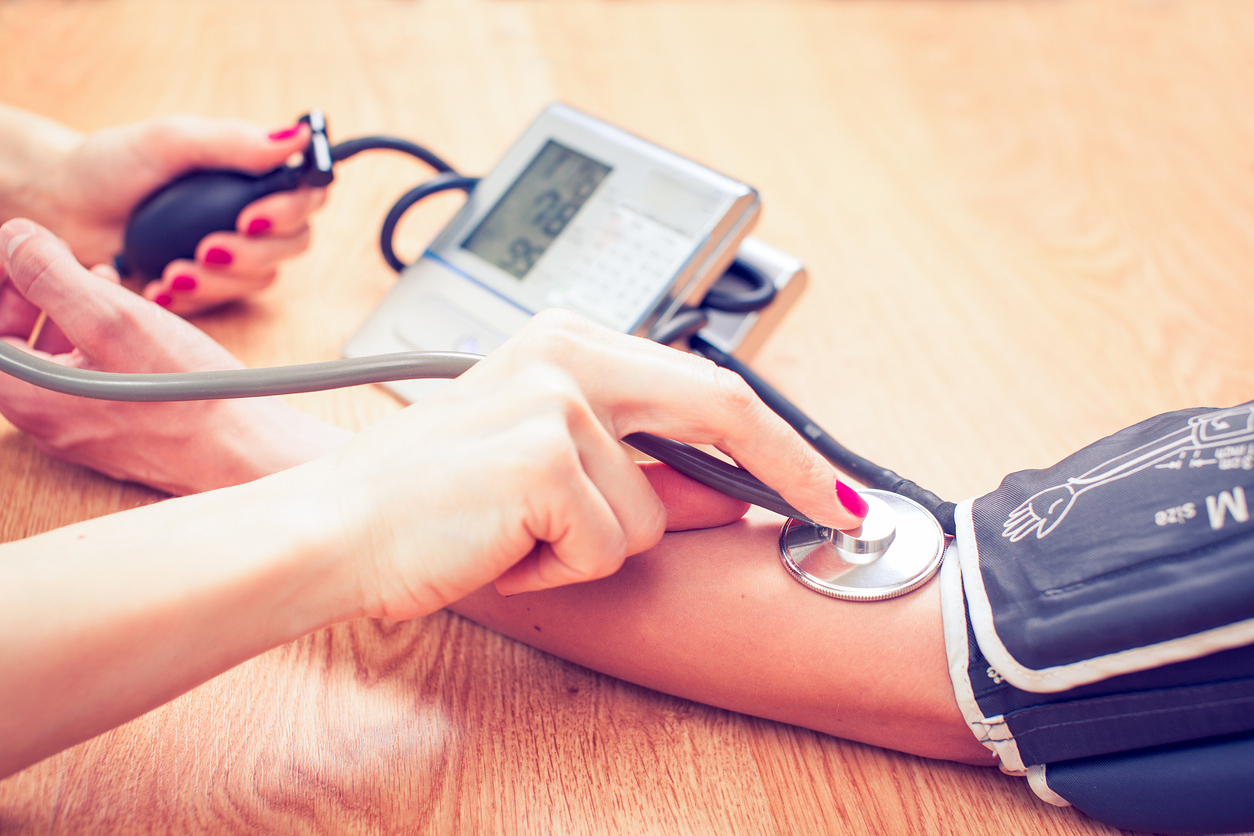
Dobutamine Stress Echocardiogram
What is a dobutamine stress echocardiogram?
A dobutamine stress echocardiogram is a diagnostic test to assess the structure and function of your heart and blood vessels, both when they are at rest and under stress. It is a reliable alternative test for people who are unable to safely complete the exercises required for an exercise stress echocardiogram.
Dobutamine is a medication that mimics the effect of exercise on the heart. It’s administered slowly through a vein in your arm to temporarily increase your heart rate, as exercise would.
The cardiac physiologist will take ultrasound images of your heart to see if the heart muscles receive enough blood and oxygen.

Why do I need a dobutamine stress echocardiogram?
Why do I need a dobutamine stress echocardiogram?
Your doctor may order a dobutamine stress echocardiogram if you’re experiencing symptoms of potential coronary artery disease, such as chest pain or shortness of breath, but cannot complete an exercise stress echocardiogram.
What happens during a dobutamine stress echocardiogram?

The test takes around two hours to complete, and here’s what you can expect:
- First, the technician will place several small electrodes, usually small sticky patches, on your chest. These connect to an electrocardiograph (ECG) and measure your heart’s electrical activity, especially the rate and regularity of your heartbeat.
- A small cannula will be inserted into your arm to administer the dobutamine for around 15 minutes until your target heart rate is reached.
- Then, the cardiac physiologist will perform a cardiac ultrasound (called echocardiography) before and after the dobutamine is given. This will involve putting a thick gel on your chest, which may feel cold but is not harmful.
- They will use a hand-held device called a transducer to send and receive soundwaves from your heart. Expect the cardiac physiologist to press the transducer firmly as they move across your chest and abdomen. You will be asked to hold your breath briefly at times during the test.
- Tell your doctor immediately if you feel unwell.
Normal activities can be resumed after the test.
One of our Cardiologists will review the results and provide a full report back to your referring doctor, who will contact you for next steps.
Frequently asked questions
Frequently asked questions
Is a Dobutamine Stress Echocardiogram safe?
This test is considered low risk, however it is safest if you arrange for someone to drive you home after the test.
Some potential risks and side effects include:
- nausea
- tiredness
- dizziness
- arrhythmia
- development of heart failure or heart pain
- very small risk of death.
Your referring doctor and the doctor performing the test are aware of these risks and will have taken them into account before deciding to recommend or perform the test. Please feel free to discuss these issues prior to undertaking the dobutamine stress echocardiogram.
How do I prepare for my test? What’s involved?
- Some medications can affect the accuracy of the test, so consult your doctor about whether you should stop taking them beforehand. Always speak to your doctor before stopping medication.
- Don’t take any over-the-counter medication that contains caffeine for 24 hours before the test.
What should I do on the day of the test?
- Do not consume food or any liquids other than water for 2 hours before the test.
- Eat only a light meal beforehand.
- Do not smoke or take any form of tobacco within 3 hours of the test.
- Bring a list of your current medications.
- Wear loose, comfortable clothing.
- Do not apply talc or body lotion to your chest area or wear neck jewellery.
What happens immediately before the test?
- You will need to undress to the waist. Females will be provided with a gown for privacy.
- Men may require part of their chest to be shaved.
- Electrodes will be placed onto the chest and an ECG lead connected and worn on a belt around your waist.
- Sometimes a gown is worn over the electrodes
What happens during the test?
- An experienced doctor and cardiac physiologist and /or registered nurse will take care of you.
- Your blood pressure, pulse rate and electrocardiogram will be monitored continuously.
- The test will be stopped when the doctor feels it is appropriate.
What happens after the test?
- You will be monitored for 5 minutes after completing the test. During this time, you may receive some feedback from the supervising doctor.
- You will be asked to remain seated in reception for a further 10 minutes to ensure you are fully recovered before leaving the medical centre.
- A full report will be sent to your referring doctor after a cardiologist has fully reviewed the results.

What do the results of a Dobutamine Stress Echocardiogram mean?
Dobutamine Stress Echocardiograms are as accurate as an exercise stress test. They are used mainly to diagnose coronary artery disease. Normal results show that it’s unlikely you have any lesions in your coronary arteries that are obstructing blood flow. However, abnormal results may show that your heart isn’t pumping blood correctly because the blood vessels have a blockage or your heart has damage from a previous heart attack or cardiac issue.
Your doctor will explain the results in full to you.

How do I make an appointment?
If you have a referral from your GP, click here to find your closest centre.
This information is of a general nature. If you are concerned about your heart health, discuss this with your local doctor

